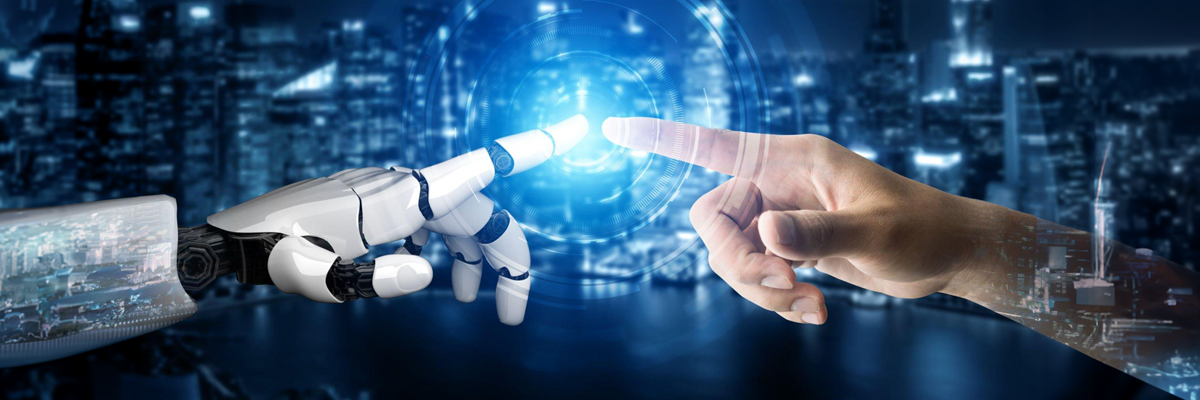
AI’s Silent Influence
Artificial intelligence has quietly been reshaping our digital experiences, from personalized product recommendations on Amazon to Meta’s sophisticated ad targeting. The emergence of generative AI, capable of creating diverse content, promises faster and more accurate workflows. While we’re currently in a transitional phase, AI is set to seamlessly integrate into our everyday tools.
Applications of Today: From ChatGPT to Smart Assistants
ChatGPT has garnered attention for its text generation capabilities, but generative AI is transforming various fields relevant to marketers and related industries. In design, AI-powered image generation, with Midjourney leading the way, produces stunning visuals. Companies like Adobe are already incorporating AI into their creative suite, significantly reducing asset creation time.
Data analysis is becoming more accessible, with AI taking over complex data crunching tasks, and coding is poised for a revolution as AI approaches human-like capabilities. Microsoft’s partnership with OpenAI, investing $10 billion, brings ChatGPT into Microsoft Office products, offering the AI assistant Microsoft Copilot 365 for enhanced productivity.
Preparing Businesses for AI Adoption
Businesses that have not yet considered AI need to take action, as we stand at the brink of unprecedented technological change. Leaders must examine how AI will impact their operations and develop short, medium, and long-term strategies to leverage AI effectively.
1-Take Ownership: Leaders should understand AI’s potential impact and develop action plans for its implementation in their business.
2-Risk Assessments: Businesses need to be aware of legal challenges and potential regulatory issues associated with generative AI and data processing.
3-Organize Business Data: For AI to work effectively, businesses must ensure that their data is well-organized and easily accessible.
4-Organize Customer Data: Businesses with well-structured customer data will be better equipped to integrate AI for advanced personalization and automation.
5-Experiment with AI: Careful experimentation and feedback from AI advocates within the organization can help identify valuable use cases and mitigate risks.
6-Plan for Future Job Roles: AI is likely to increase productivity and change job roles; businesses need to consider reskilling initiatives and adapt accordingly.
7-Consider the Impact on Staff: Honest conversations and change management strategies are essential to address employees’ concerns about AI’s impact on their roles.
Combining Human Talent with AI
Businesses must shift their focus from whether to integrate AI to how to do it effectively. AI is not a replacement for human creativity and talent but a powerful tool to enhance them. As AI takes over mundane tasks, it creates room for human expertise in more creative, strategic, and impactful endeavors.
The AI revolution is an opportunity for businesses to achieve unparalleled efficiency and productivity. However, it requires a balanced approach that acknowledges the significance of human well-being and effective collaboration between humans and AI technologies.
